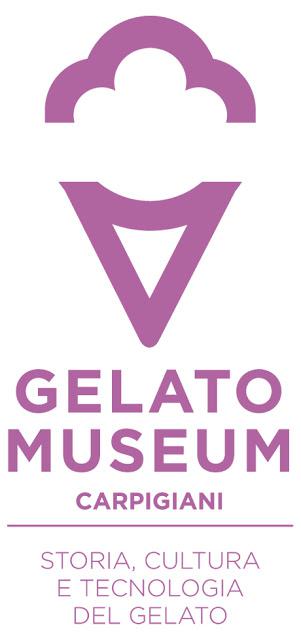
Covering an area of 450 square meters an amazing path tells the story of one of the most typical Italian food, loved around the world since Catherine De Medici brought the Renaissance, and also her sorbets, at the Court of France.
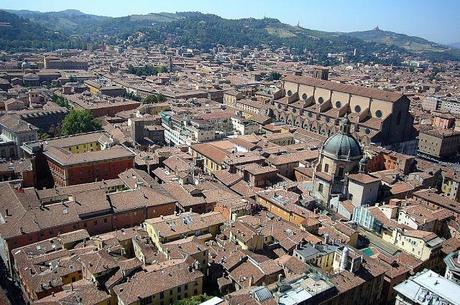
But the history of sorbet and ice cream is much more complex and intricate than you might think. It began in 1700 BC in Mesopotamia, where soft snow was used to cool down drinks in royal banquets. But, according to numerous archaeological discoveries, prehistoric men in Greece loved to cool their drinks in fresh water springs.

Carpigiani, with its Foundation, has realized a great dream: to build a "house" around the history of ice cream, making possible, for this industry, to regainown identity and historical memory and, for the public, to find out how it has born,grew, developed such this marvel of Italian culinary fantasy.
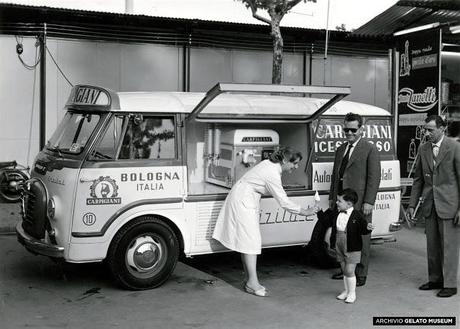
From its origins ‘till today, visitors treadan interactive pathon 3 levels of reading: the evolution of ice cream in time and in the history of the production technology, place and manner of consumption of ice cream.

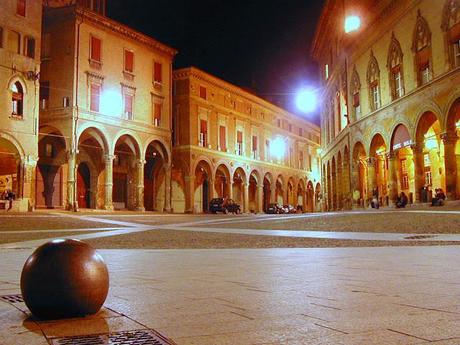
In Carpigiani Gelato Museum you can see are more than 20 original machines, multimedia, 10.000 photos and historical documents, then valuable tools and antique accessories, unedited video interviews, but workshops for students and adults too.


A specialized laboratory reproduces some historical recipes that can be tasted and compared to the contemporary ice cream, to better stimulate the memory of visitors.

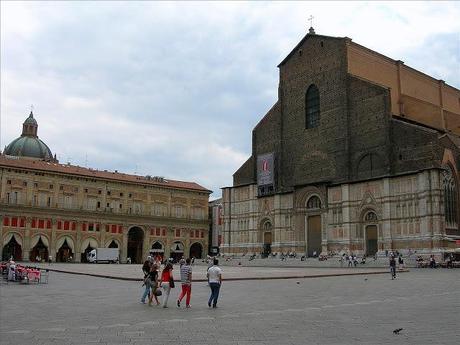
The museum is a place of tradition, memory and identity, to learn more about ice cream as a product of Europe's gastronomic culture.
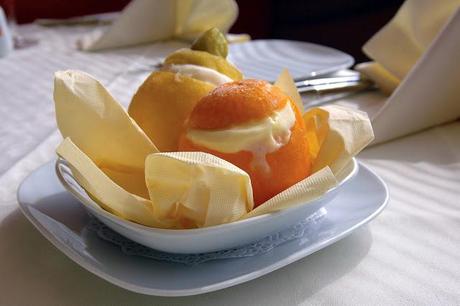
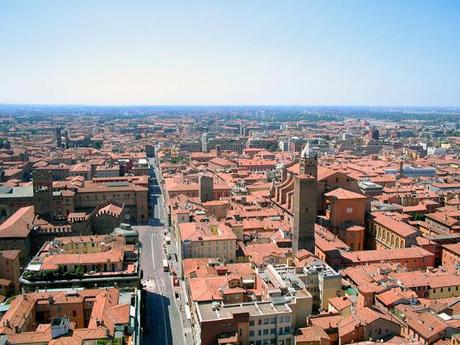
It 's an innovative place, future-oriented, but rooted in its past.
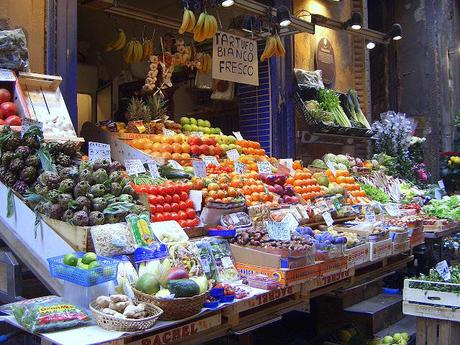

It values historically traditional ice cream and the craft of ice cream man, spreading in the world the culture of ice cream,always present in the Mediterranean diet (recentlydeclaredUNESCO World Heritage)
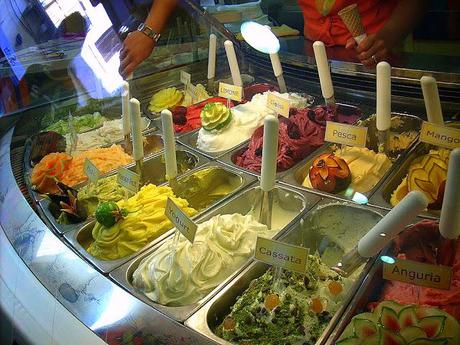
But also talks about the nutritional well-being culture, linked to the concept of ice cream as a healthy and nourishing food.


THE SORBET
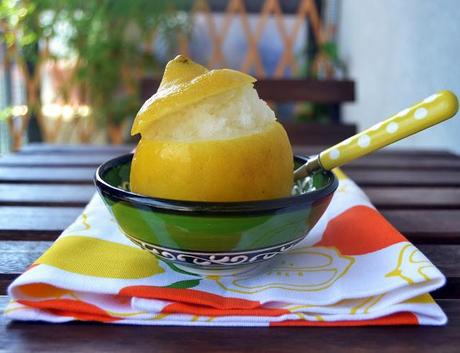
The sorbet seems to have its first real social success in the mid-sixteenth century. Never failed to sumptuous banquets of the aristocratic De Medici family, thanks to which it spread to Italy and France.

Bartolomeo Scappi, personal chef for Pope Pius V, stand-rich meals and author of a famous treatise on the gastronomy of the sixteenth century, gives us the oldest recipe on the preparation of sorbet. In the mid-seventeenth century, we find the sorbet for sale in the shops of Venice and Naples.
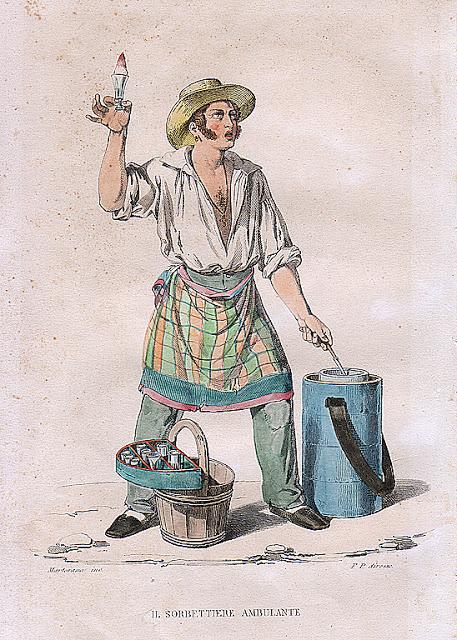

The first recipes complete with ingredients and processing of sorbets are written by Antonio Latini, butler at the Neapolitan Court in 1659. At the end of his career Latini wrote the treatise "Sorbets or icy waters."

In the same century the sorbet came also on the boards of the bourgeoisie. Today, in Italy, we can taste the best sorbets of the whole world.

SORBETTO ALLA MELA VERDE Green apple sorbet
Ingredients:
300 g of green apple pulp
200 g sugar
1/4 l of water
Juice of 1 lemon
1 egg glair

Preparation:In a saucepan stir over low heat water and sugar until it has dissolved, then let it cool.
Blend the chopped apple with a little 'sugar syrup and lemon juice, mix them and put everything in the freezer.
After an hour, when this compound will be a little 'clotted, add the whipped egg glair
Put in the freezer for another two hours.

